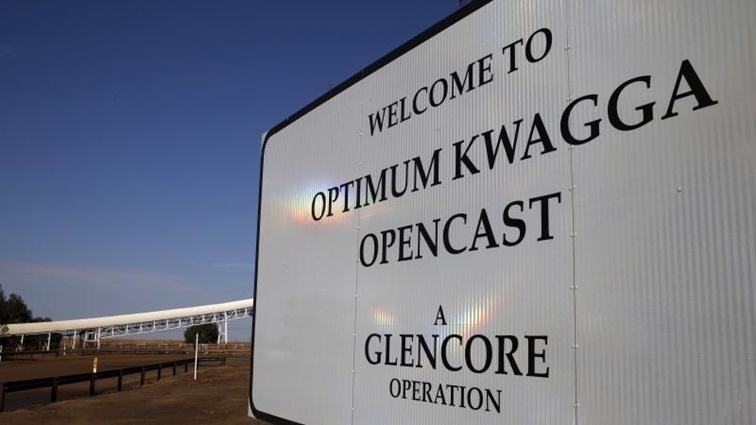The United States Justice Department this week announced a settlement deal of over 1 billion dollars with Swiss-Anglo Mining Company Glencore, after the company agreed to plead guilty in two separate criminal cases.
According to the US Attorney General, the cases represent the largest criminal enforcement action to date for a commodity price manipulation conspiracy in oil markets. Authorities in the United States, Britain and Brazil announced that three of Glencore’s subsidiaries were pleading guilty to a range of crimes including market manipulation and bribery related to its conduct in developing countries.
The Justice Department says Glencore admitted to engaging for over a decade in a scheme to bribe foreign officials in seven different countries across Africa and South America while a US subsidiary of the company entered a guilty plea in connection with a multi-year scheme to manipulate benchmarks used to set prices for oil at two of the country’s busiest ports, motivated by corporate greed.
US Attorney General Merrick Garland, “Glencore made hundreds of millions of dollars in profits from these crimes – including $272 million from the foreign bribery scheme and $144 million from the commodity price manipulation scheme. And these crimes exacted great costs across the globe – perpetuating transnational corruption and manipulating oil prices in two of the largest fuel markets in America. As a result, Glencore has agreed to pay a total of approximately $1.1 billion in criminal fines and forfeiture, including forfeiture of all of Glencore’s estimated profits. The company has also agreed to retain independent compliance monitors both in the United States and overseas.”
The Justice Department says the settlement of up to 1.5 billion dollar is more than twice the estimated profits from Glencore’s crimes while the company has committed to cleaning up its corporate culture that enabled widespread criminality.
U. Attorney for the Southern District of New York Damian Williams says, “For more than a decade, Glencore cheated the free market to gain a competitive edge. Glencore paid over $100 million in bribes to government officials in Brazil. Nigeria, the Democratic Republic of the Congo. Venezuela. The bribery scheme here spanned the globe. Glencore paid bribes to secure oil contracts. Glencore paid bribes to avoid government audits. Glencore paid bribes to judges to make lawsuits disappear. Why did Glencore do it? They did it to make money. Hundreds of millions of dollars. And they did it with the approval and even the encouragement of top executives. And as we allege in the charges filed today, Glencore tried to cover up the bribery scheme with code words and bribes paid through third party consultants. ”
The British Serious Fraud Office indicated that company agents and employees paid bribes worth over $25m for preferential access to oil in Cameroon, Equatorial Guinea, Ivory Coast, Nigeria, and South Sudan between 2011 and 2016.
Associate Deputy Director of the FBI Brian Turner, “Foreign bribery has the ability to impact US financial markets, economic growth and national security It also breaks down the international free market system by promoting anti-competitive behavior and ultimately makes consumers pay more. What’s even worse is that Glencore’s bribery payments were primarily in developing nations who citizens were the ultimate victims of the bribery When those officials accept bribes in their official capability for personal gain, they are betraying the trust of the people that they represent, which ultimately breaks down the global order.”
Unrelated to this settlement – former Eskom CEO Brian Molefe accused Glencore of seeking to extort around R8 billion and from the struggling utility through exorbitant coal price hikes at its then-owned Optimum Coal Mine- a charge a former CEO of the company Clinton Ephron later rejected during testimony at the State Capture Commission. Glencore eventually sold Optimum to a company owned by the Gupta family after new terms for coal provision could not be reached with Eskom.


